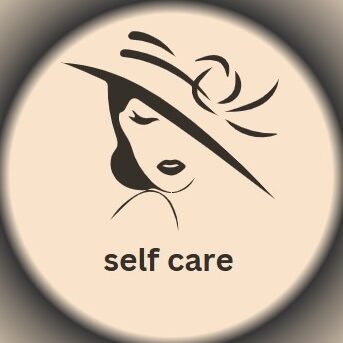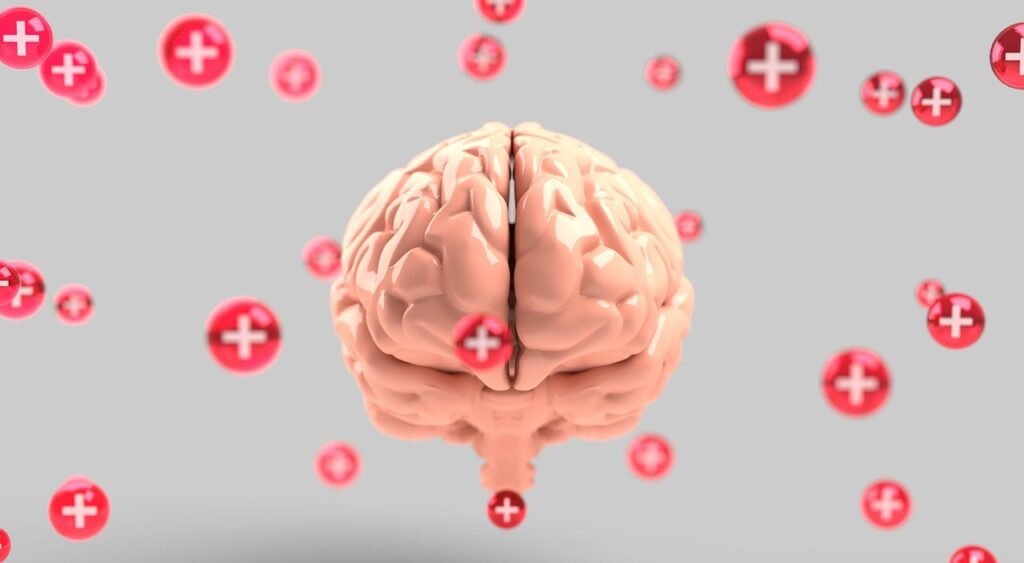Replace your first paragraph with this one:
In today’s fast-paced world, more people are paying attention to how sleep affects the mind and body. Sleep and mental health are deeply connected — when you sleep well, your mind feels calmer, emotions stay balanced, and your body has the energy to heal. Understanding this link can help you build healthier daily habits and a more peaceful lifestyle., improve focus, and live more mindful lives. Many people are realizing that true wellness doesn’t come from quick fixes or beauty trends, but from caring for the body and mind in simple, consistent ways. Three powerful self-care practices gaining attention in 2025 are prioritizing quality sleep, focusing on mental and gut health, and using digital wellness technologies to support healthier living. Let’s explore how these areas are shaping the future of personal well-being.
1. Prioritizing Sleep – The Foundation of Good Health
Sleep is not just “rest” — it’s the body’s most powerful healing process. During sleep, the body repairs tissues, balances hormones, and processes emotions. Unfortunately, many people still treat sleep as optional, staying up late on phones or working through the night. But research continues to show that lack of sleep affects everything — from your mood and memory to your digestion and immune system.
Why it matters:
- Mental clarity: Good sleep sharpens focus, creativity, and learning ability.
- Emotional balance: Proper rest helps control anxiety and mood swings.
- Physical repair: Sleep promotes cell growth and strengthens immunity.
- Hormonal regulation: It helps maintain a healthy metabolism and body weight.
Tips for better sleep:
- Keep a consistent bedtime — go to bed and wake up at the same time daily.
- Avoid screens at least 30 minutes before bed.
- Create a peaceful sleeping environment with dim light, calm sounds, and fresh air.
- Drink warm herbal tea or practice light stretching before bed to relax your body.
When you prioritize sleep, you are actually recharging your entire system — physically, mentally, and emotionally.
2. Focusing on Mental and Gut Health – The Mind-Body Connection
You’ve probably heard the saying: “A healthy gut means a healthy mind.” Science strongly supports this. The gut and brain are connected through the gut-brain axis, a communication network that links emotions, digestion, and immunity. When your gut is healthy, it can boost your mood, energy levels, and even your motivation.
How gut health affects mental well-being:
- The gut produces around 90% of the body’s serotonin, the “happy” hormone.
- Imbalanced gut bacteria can lead to anxiety, stress, and low mood.
- Digestive problems like bloating or constipation often make mental focus harder.
Simple ways to improve gut and mental health together:
- Eat more fiber-rich foods like fruits, vegetables, and whole grains.
- Include probiotics (yogurt, kefir, fermented foods) for good bacteria.
- Limit sugar and processed foods, which harm gut balance.
- Practice mindful eating — eat slowly, without distractions.
- Try deep breathing or meditation to calm your nervous system and digestion.
By caring for both your mind and gut, you build a stronger, calmer, and more balanced version of yourself.
3. Using Digital Wellness Technologies – Smarter Self-Care
Technology is often blamed for stress and burnout, but when used mindfully, it can become a powerful self-care tool. In recent years, digital wellness technologies — such as sleep trackers, meditation apps, and health monitoring devices — have become increasingly popular for helping people maintain balance.
Examples of digital wellness tools:
- Sleep apps that track your sleep cycles and suggest improvements.
- Meditation and mindfulness apps like Calm, Headspace, or Insight Timer.
- Fitness trackers (e.g., Fitbit, Apple Watch) that monitor heart rate and stress levels.
- Nutrition apps that help you understand your eating patterns.
- Digital detox apps that remind you to take screen breaks.
Benefits of using digital wellness tools:
- Personalized insights help you understand your body better.
- Guided sessions make mental health support more accessible.
- Progress tracking keeps you motivated to stay consistent.
- Gentle reminders encourage a healthy daily routine.
The key is to use technology wisely — as a guide, not as a distraction. Setting screen time limits, scheduling mindfulness breaks, and using apps that promote calmness can make a big difference in your overall well-being.
Bringing It All Together
When you combine quality sleep, mental and gut care, and smart use of digital tools, you create a balanced lifestyle that supports long-term wellness. These habits don’t require expensive treatments or strict routines — just consistent attention and self-awareness.
Start small: sleep 7–8 hours a night, eat for your gut health, and let technology guide your journey instead of controlling it. Over time, you’ll notice improved mood, better focus, and a stronger connection to your inner self.
Final Thoughts
In 2025, wellness is about balance, not perfection. Taking care of your mind, body, and technology habits can transform your everyday life. Remember — sleep recharges your body, gut health nourishes your emotions, and digital wellness helps you stay mindful in a busy world. When all three work together, you unlock the healthiest, happiest version of yourself.By prioritizing Sleep and Mental Health, you build a stronger foundation for long-term happiness and calm.



